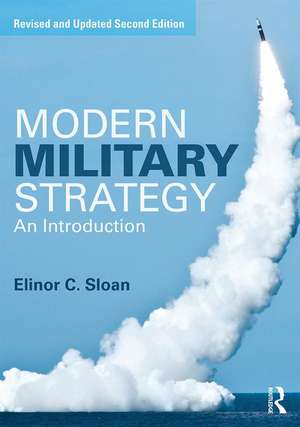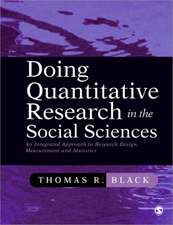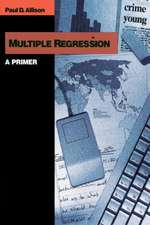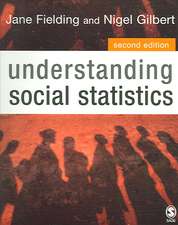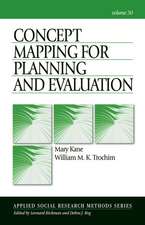Modern Military Strategy: An Introduction
Autor Elinor C. Sloanen Limba Engleză Paperback – 11 oct 2016
| Toate formatele și edițiile | Preț | Express |
|---|---|---|
| Paperback (1) | 411.42 lei 43-57 zile | |
| Taylor & Francis – 11 oct 2016 | 411.42 lei 43-57 zile | |
| Hardback (1) | 1015.56 lei 43-57 zile | |
| Taylor & Francis – 11 oct 2016 | 1015.56 lei 43-57 zile |
Preț: 411.42 lei
Nou
78.75€ • 85.57$ • 66.19£
Carte tipărită la comandă
Livrare economică 21 aprilie-05 mai
Specificații
ISBN-10: 1138825387
Pagini: 194
Dimensiuni: 174 x 246 x 15 mm
Greutate: 0.34 kg
Ediția:2 ed
Editura: Taylor & Francis
Colecția Routledge
Locul publicării:Oxford, United Kingdom
Public țintă
Postgraduate, Professional, and UndergraduateCuprins
PART I: Traditional Dimensions of Strategy
1. Seapower
2. Landpower
3. Airpower
4. Nuclear Power and Deterrence
PART II: Strategy and Non-State Actors
5. Irregular war: Insurgency, Counterinsurgency and New War
6. Peacekeeping and Stabilization
PART III: Technology and Strategy
7. Joint Theory and Military Transformation
8. Cyberwar
9. Spacepower
Conclusion
Notă biografică
Recenzii
'My studies of military strategy at West Point began with the 1986 edition of Makers of Modern Strategy edited by Peter Paret, and continued at Oxford with the 1943 edition edited by Edward Mead Earle. Today's aspiring strategists should begin their study with this edition of Modern Military Strategy. Elinor C. Sloan picks up the trail blazed by Earle and Paret and carries it forward through the battlefields of Iraq and Afghanistan, capturing both what is new and what endures in the study of strategic thought.' -- John Nagl, author of Learning to Eat Soup with a Knife: Counterinsurgency Lessons from Malaya and Vietnam
Praise for the first edition:
'Modern Military Strategy draws a clean line between the old strategic masters of yesteryear and those writing on today's challenges. The book is masterful, concise, and illuminating throughout.'-- Martin Libicki, RAND Corporation
'In this book, Elinor C. Sloan provides an authoritative and straightforward guide through the morass of strategic possibilities, written with clarity and insight... It’s not the last word on all these highly varied subjects but it will certainly inspire her readers and help them get to where they need to be.' -- Geoffrey Till, Kings College London, UK
'Modern Military Strategy is an outstanding study of the major aspects of contemporary warfare and defense preparation. The book is respectful of history while being anchored firmly in current realities, yet manages to be future-leaning persuasively.' -- Colin S. Gray, University of Reading, UK
'In her insightful and informative book, Elinor C. Sloan tackles the important question: Who are today’s leading military strategic thinkers and what do they have to say? The result is a wide-ranging survey of contemporary strategic thinking in its various forms and domains that should find its way to the bookshelves of professional policy-makers and armchair generals alike.’ -- Andrew F. Krepinevich, Jr., Center for Strategic and Budgetary Assessments, Washington DC
'In this compact volume, Elinor C. Sloan has produced a unique contribution to the literature on post-Cold War military affairs ... I know of no more instructive an introductory read for novitiates in this field, nor of a more balanced and thorough tour d’horizon of the field for its more expert practitioners.'-- Benjamin S. Lambeth, Center for Strategic and Budgetary Assessments, Washington DC
Descriere
This textbook provides a comprehensive introduction to post-Cold War military theory for students of strategic studies.
This second edition has been fully revised and updated, including a new chapter on peacekeeping, and examines contemporary strategic thought on the conduct of war in the sea, land, air, nuclear, space and cyber domains, as well as irregular warfare. Each chapter identifies contemporary strategic thinkers in a particular area, examines strategic thought through the lens of identifiable themes, and discusses the ideas of classical strategists to provide historical context. Examples of the link between the use of military force and the pursuit of political objectives are presented, such as airpower against ISIS and in Libya, counterinsurgency in Afghanistan and Iraq, counter-piracy operations off the coast of Africa, and the Stuxnet virus in Iran. The chapters identify trends, statements and principles that indicate how military power can best be employed to effect political ends, while the conclusion paints an overall picture of the relationship between classic and contemporary strategic thinking within each warfare domain.
This book will be essential reading for students of strategic studies, war studies and military history, and is highly recommended for students of security studies and international relations in general.
